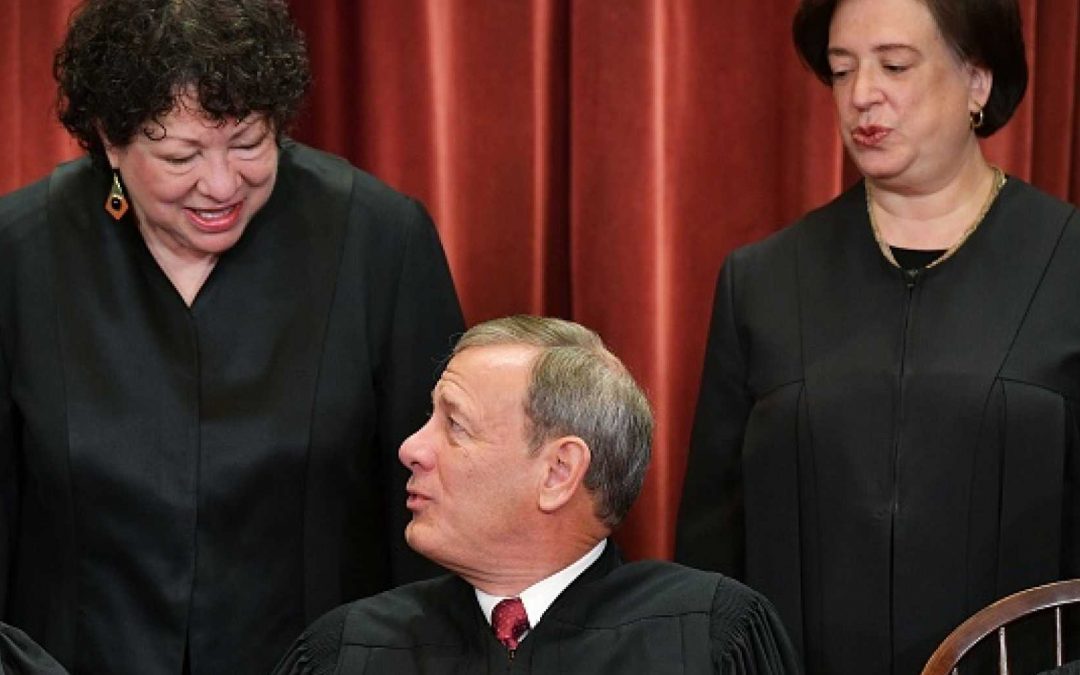The Supreme Court on today blocked a Louisiana law that could have left the state with only one doctor in a single clinic authorized to provide abortions.
The vote was 5 to 4, with Chief Justice John Roberts joining the court’s four-member liberal wing.
It was the Supreme Court’s first significant action on the hot-button issue of abortion since Donald Trump’s nominee, Brett Kavanaugh, replaced Anthony Kennedy, who generally voted with the court’s liberals to uphold abortion rights.
Kavanaugh voted with the conservatives — Clarence Thomas, Samuel Alito, and Neil Gorsuch.
The case was being closely watched for an indication of where the Roberts Court might be headed on the right to abortion, which has been repeatedly reaffirmed since the 1973 landmark decision in Roe v. Wade.
Allowing the Louisiana law to take effect would have encouraged lower courts to approve similar state abortion restrictions and further embolden abortion opponents to press for additional restrictions at the state and federal levels.
The law, enacted in 2014, requires doctors performing abortions to have admitting privileges at nearby hospitals.
In 2017, Judge John W. deGravelles of the Federal District Court in Baton Rouge struck down the law, saying that such doctors were often unable to obtain admitting privileges for reasons unrelated to their competence and that the law created an undue burden on women’s constitutional right to abortion.
The Louisiana law, Judge deGravelles ruled, was essentially identical to one from Texas that the Supreme Court struck down in a 2016 decision, Whole Woman’s Health v. Hellerstedt.
The vote in the 2016 decision was 5 to 3, with Justice Anthony M. Kennedy in the majority.
Kavanaugh replaced Kennedy last fall, shifting the court to the right.
The court’s action, however, is only a pause.
It allows abortion-rights proponents time to bring an appeal to a newly constituted conservative court majority that may nonetheless be willing to reverse course dramatically on the subject of abortion.
The fact that Roberts sided with the liberals on the court, however, could be a signal of his unwillingness to be the court that overturns Roe v. Wade.
